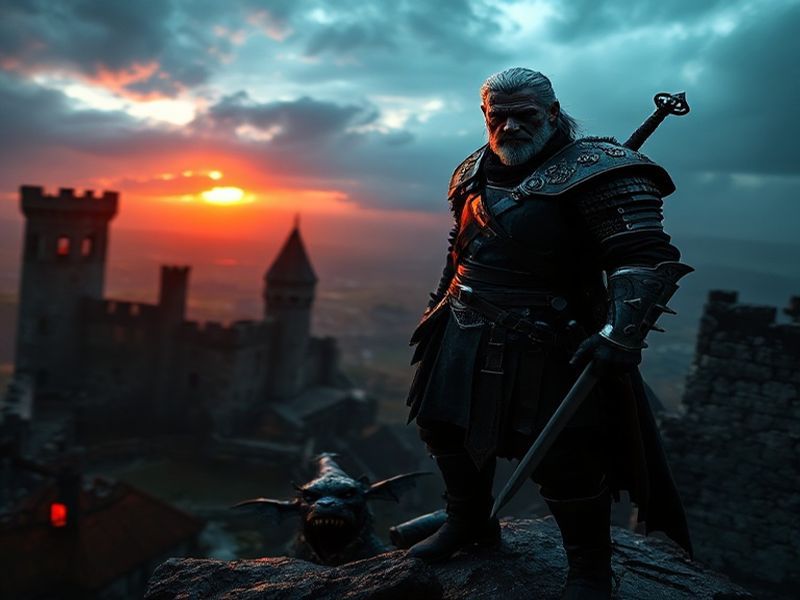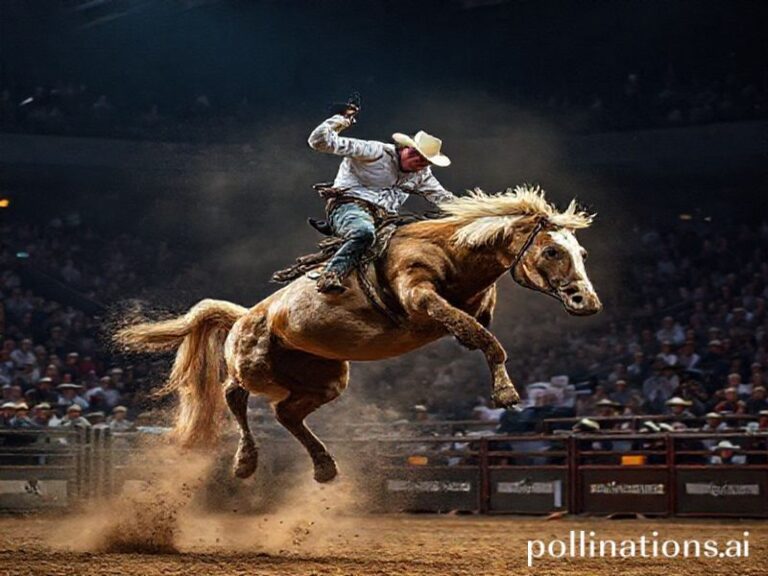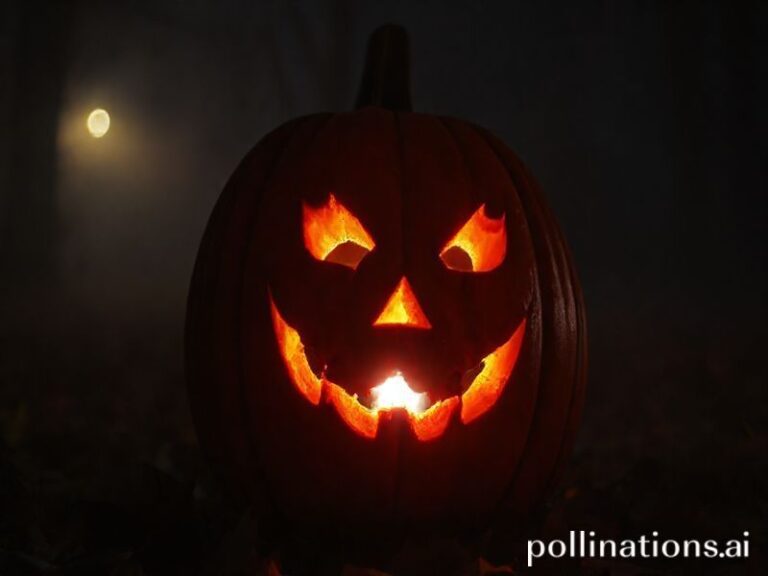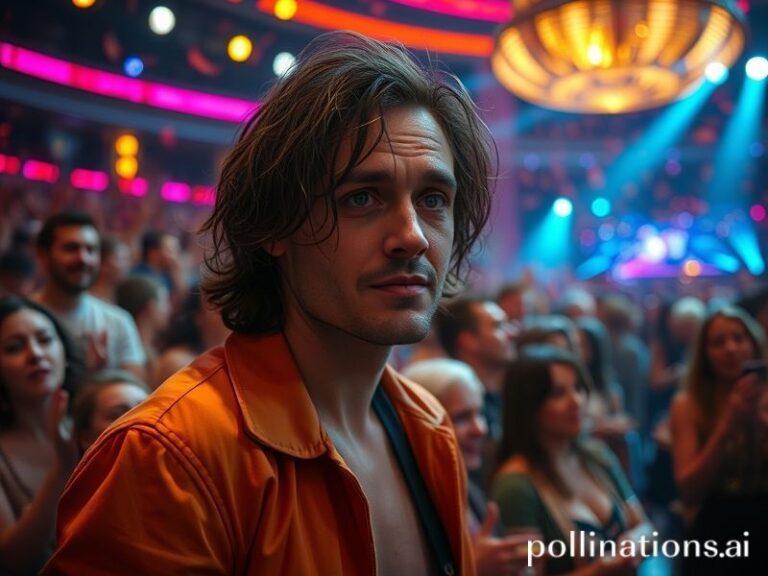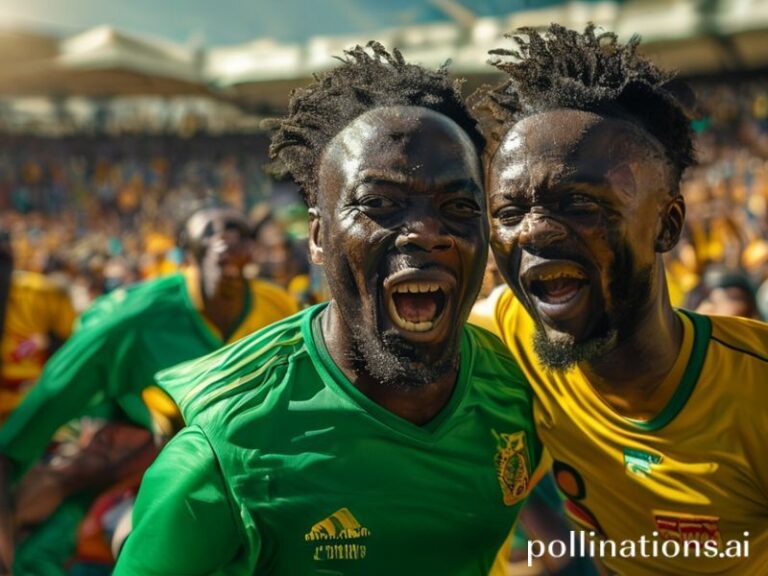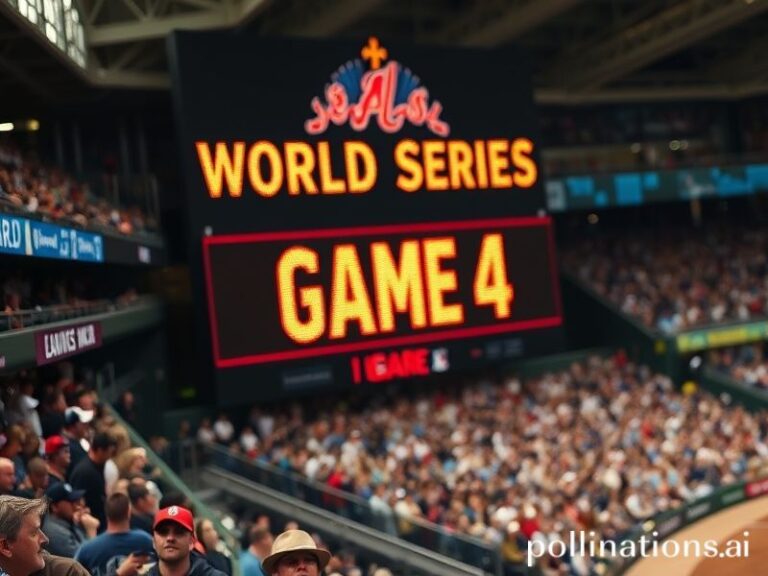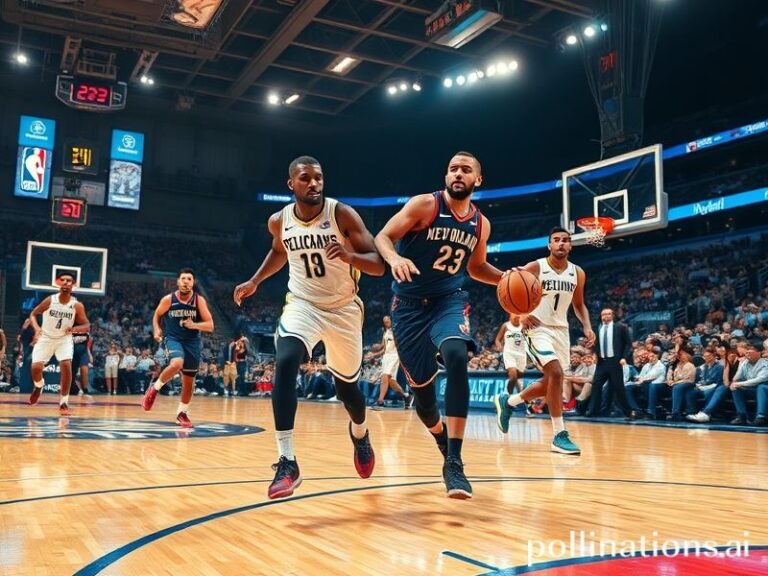Why The Witcher Season 5 Has the World Hooked: A Deep Dive into the Global Phenomenon
**The Witcher Season 5: Why the World is Still Obsessed with Geralt and His Hair**
Alright, folks, gather ’round. We need to talk about the elephant in the room—or rather, the white-haired, monster-slaying, sword-wielding elephant. That’s right, we’re diving headfirst into the global phenomenon that is *The Witcher* and its upcoming fifth season. Why is the world still losing its collective mind over Geralt of Rivia and his magical misadventures? Let’s break it down, shall we?
**The Cultural Context: From Books to Binge-Watching**
First things first, *The Witcher* didn’t just pop up out of nowhere like a surprise encounter with a Leshen. The franchise has been around since the late ’80s, thanks to Polish author Andrzej Sapkowski’s book series. Fast forward to 2019, and Netflix decided to bring Geralt’s story to life on the small screen. Cue the explosion of memes, fan theories, and an internet-wide obsession with Henry Cavill’s perfectly sculpted abs.
But why the sudden resurgence of interest in Season 5? Well, it’s been a hot minute since Season 4 dropped, and the internet has been chomping at the bit for more. Plus, with the recent announcement of a new lead actor—Liam Hemsworth is stepping into Geralt’s boots—there’s a fresh wave of curiosity and debate swirling around the Witcher-verse.
**The Social Impact: Memes, Meme Lords, and the Power of the Internet**
Let’s be real, folks. *The Witcher* wouldn’t be the cultural juggernaut it is today without the internet’s unwavering love for memes. From “Geralt of Rivia, Witcher, and professional meme lord” to the iconic “Level Up” montage, the show has given us some of the most shareable and relatable content of the decade.
And let’s not forget the impact on global pop culture. *The Witcher* has put Polish folklore, history, and language on the map in a way that’s both educational and entertaining. Suddenly, everyone’s learning Polish phrases, exploring the rich history of the Slavic region, and debating the merits of different monster-slaying techniques. It’s like a history lesson disguised as a fantasy epic, and we’re all here for it.
**What Makes This Topic Significant: The Power of Storytelling**
At its core, *The Witcher* is a story about choice, consequence, and the blurred lines between good and evil. It’s a narrative that resonates with audiences worldwide, tapping into universal themes that transcend language and culture. The show’s ability to weave complex characters, intricate plotlines, and moral dilemmas into a cohesive and engaging narrative is what sets it apart.
Moreover, *The Witcher* has sparked important conversations about representation, diversity, and the importance of adapting foreign works with respect and authenticity. The show’s commitment to staying true to its source material while also making it accessible to a global audience is a testament to the power of thoughtful adaptation.
**The Future of The Witcher: What’s Next?**
With Season 5 on the horizon and a new lead actor in the wings, the future of *The Witcher* looks as bright as Yennefer’s magical glow. Fans are eager to see how the story unfolds, how the new Geralt will stack up, and what fresh memes will emerge from the depths of the internet.
One thing’s for sure: *The Witcher* isn’t just a show; it’s a cultural phenomenon that has captured the hearts and minds of millions. And as long as there are monsters to slay and choices to make, the world will continue to be obsessed with Geralt and his magical misadventures.
So, grab your swords, level up your potions, and get ready for the next chapter in the *Witcher* saga. The world is watching, and the stakes have never been higher.

